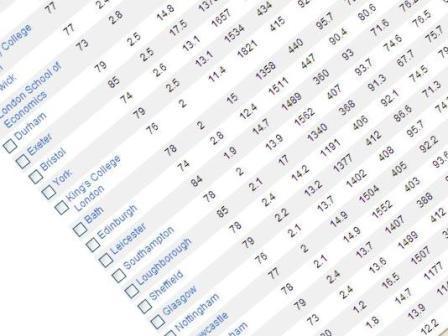Australian universities are paying big salaries for rankers
Inside Higher Ed has a report on at least a couple of Australian institutions appointing league table specialists:
Some Australian universities are paying about $100,000 a year each to employ full-time managers dedicated to working with ranking agencies and developing strategies aimed at climbing league tables.
The University of New South Wales recently advertised for a manager of strategic reputation, while La Trobe University was seeking a manager of institutional rankings. For $100,000, responsibilities included maintaining relationships with ranking agencies to “maximize” or “optimize” their positions in rankings.
Observers say such positions highlight the growing importance of rankings in influencing research and teaching plans. But there are concerns that the professionalized management of rankings risks warping university strategies and may prove more a marketing effort than an effort to boost the substance of an institution’s performance.
The deputy vice chancellor at New South Wales, Les Field, said the position wasn’t new and was part of a team that ensured the information sent to annual data collections and the ranking agencies was accurate.
“It’s essential to have a team dedicated to getting our numbers right as well as providing the analysis on which we can direct the research effort into the future,” Field said. (Several American universities have been ensnared in controversies over their flawed — and in some cases seemingly gamed — reporting of data to rankings organizations. So far Australian universities have not been similarly besmirched.)
Whilst the work to be undertaken by these people in terms of data collection and analysis will undoubtedly be beneficial it is hard to get away from the idea that these appointments sound like an attempt to achieve a quick fix in terms of institutional league table performance. Will it pay off? Given the time lags involved with the data used it will be quite a few years before we find out.













At least one UK university has employed a consultant to discover the reasons for its sustained poor performance in league tables (easily answered – it didn’t do well on criteria such as entry standards, graduate prospects and so on). It also sought ways of improving its performance and – rather like income tax self-assessment – it was advised on a number of steps it could take better to record relevant data and include some if the items its competitors were (legitimately) including. I don’t know if it has implemented the advice but you wouldn’t know it from its subsequent placings.